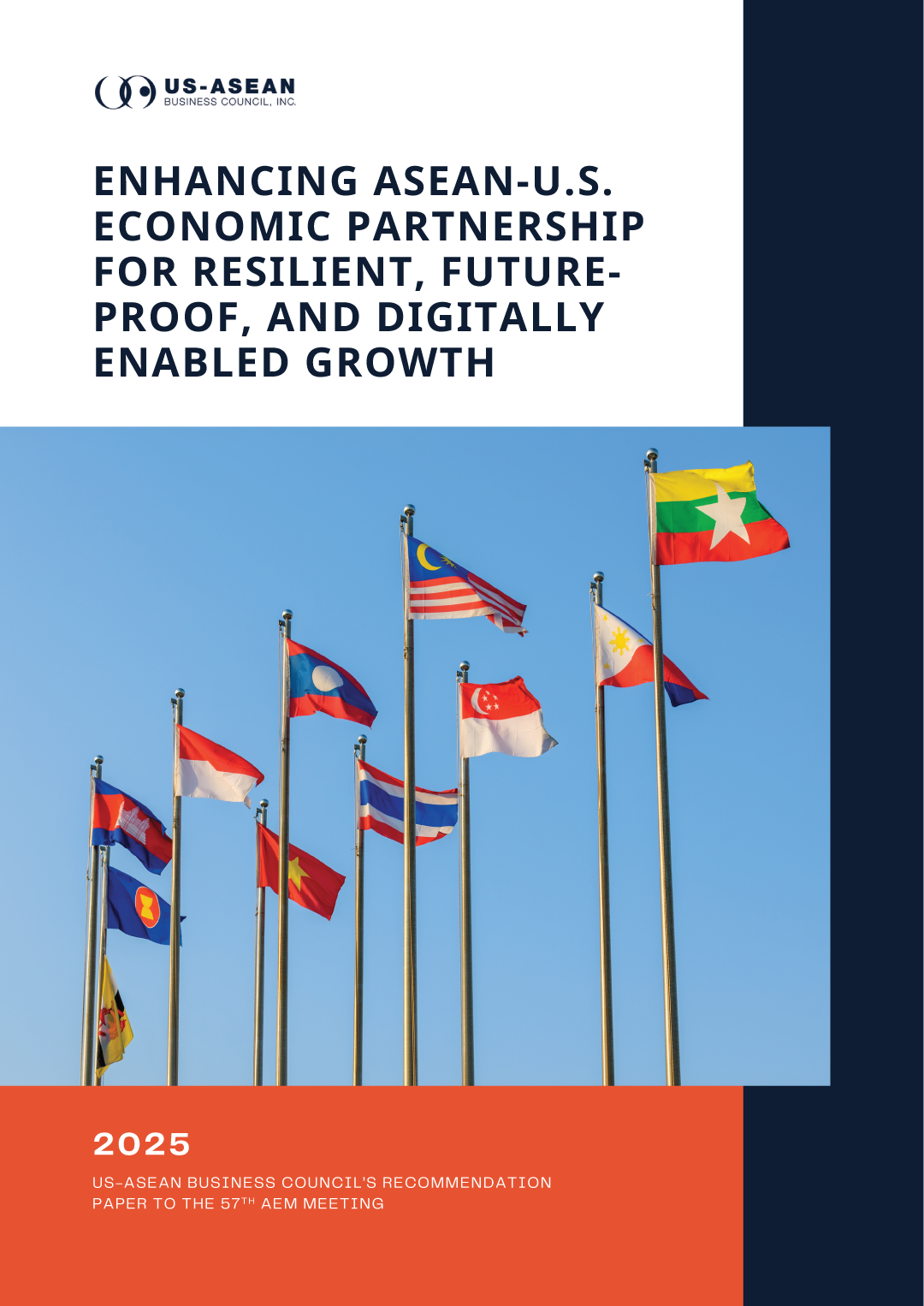Regional Adoption and Regulation of ChatGPT in the Public Sector

The adoption and regulation of ChatGPT and similar tools by the public sector across ASEAN nations is gaining momentum. Some ASEAN nations have begun to use ChatGPT to improve their public services, making them accessible to civil servants and the public, while others have begun to draw up guidelines on how to regulate the use of generative AI.
In Singapore, civil servants will soon utilize ChatGPT to assist with research and speech writing, streamlining administrative processes and enhancing efficiency, and the Smart Nation and Digital Government Office will be the first to try out the software. In the Philippines, a local firm has launched a generative pre-training transformer (GPT) tool specifically designed for public servants, aiming to enhance their productivity and decision-making processes. This tool serves as a virtual assistant, providing information and support to government employees in their day-to-day tasks.
Guidelines and policies are being established to ensure responsible and ethical use of the technology in countries such as Malaysia, where the Ministry of Higher Education has released a ChatGPT guideline to govern its application in educational institutions. Additionally, in Cambodia, the Digital Government Committee is in talks with the creator of ChatGPT to provide AI capabilities in the Khmer language, reflecting efforts to adapt and localize the technology to the specific needs of ASEAN nations. Although many of these countries have begun to move towards some form of guidelines and regulation, countries such as Vietnam are only beginning to talk about the implications of this tool as it integrates private software to become more visible. As ASEAN countries begin to embrace the use ChatGPT, careful deliberation by each country is being given to ensure its effective implementation, user privacy, and adherence to legal and regulatory frameworks.




![Cover-[USABC-Final]-Driving-ASEAN-Unity-Malaysia's-Vision-for-2025](/sites/default/files/2025-07/Cover-%5BUSABC-Final%5D-Driving-ASEAN-Unity-Malaysia%27s-Vision-for-2025.jpg)


